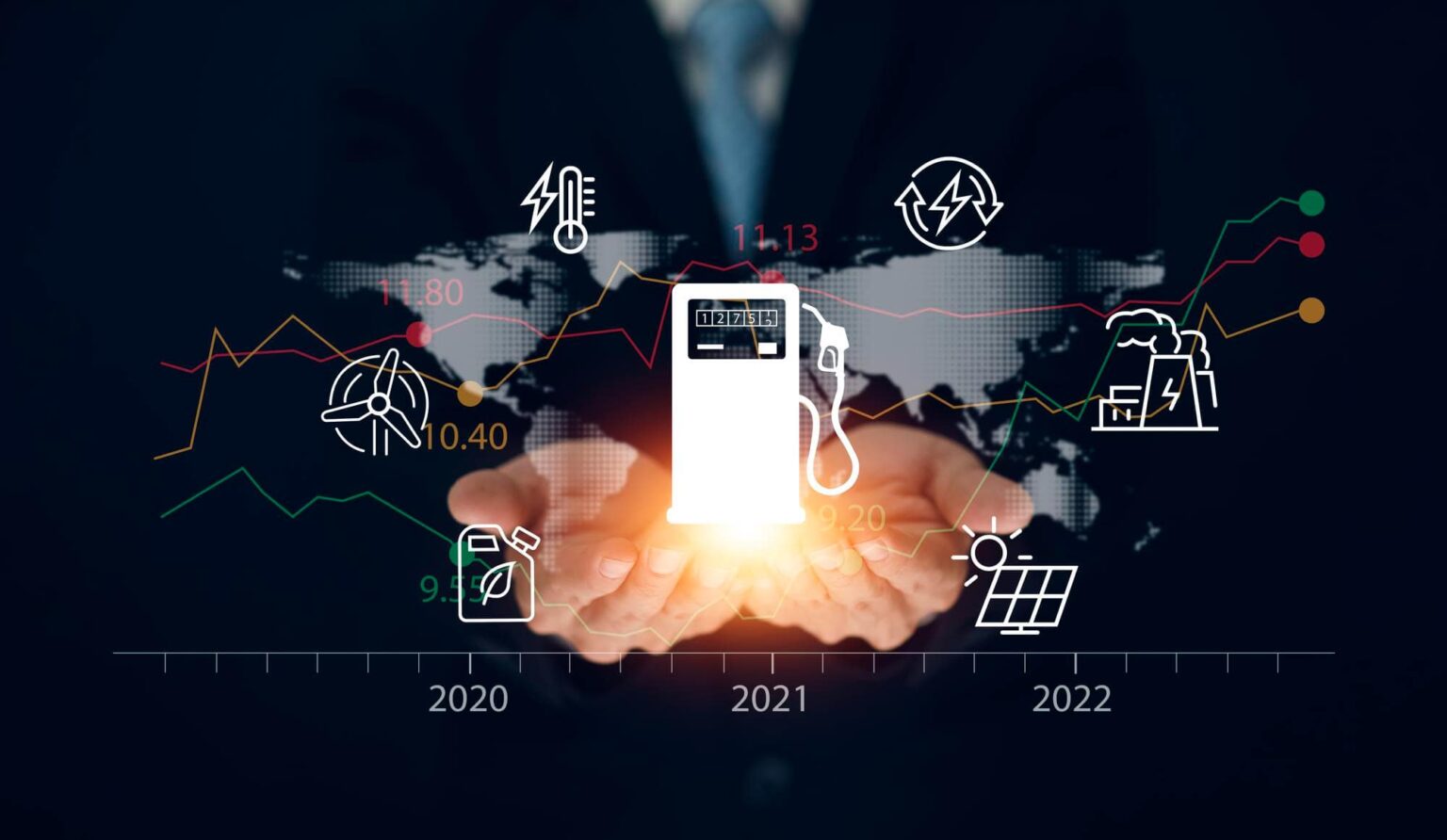IoT (Internet of Things) technology is playing a significant role in energy management by optimizing resource efficiency and promoting sustainability. IoT devices and systems enable real-time monitoring, data collection, and analytics that help businesses and individuals make informed decisions to reduce energy consumption, lower costs, and minimize environmental impact. Here’s how IoT is transforming energy management:
Smart Grids: IoT enables the integration of smart grids, which enhance the efficiency and reliability of electricity distribution. Smart grid systems use IoT sensors and communication technologies to monitor energy usage, detect faults, and manage demand-response programs. This allows utility companies to optimize energy distribution, reduce power outages, and balance energy supply and demand more effectively.
Energy Monitoring and Analytics: IoT devices equipped with sensors and meters can monitor energy consumption in real-time. This data is collected and analyzed to identify patterns, trends, and opportunities for energy optimization. Energy management systems leverage IoT analytics to provide actionable insights, enabling businesses and individuals to track energy usage, identify wastage, and make informed decisions to reduce consumption.
Demand Response and Load Management: IoT-connected devices can participate in demand-response programs, which help balance the electricity grid during peak demand periods. IoT-enabled systems can automatically adjust energy usage based on signals received from utility companies. For example, smart thermostats can reduce heating or cooling during peak load times, optimizing energy consumption and reducing strain on the grid.
Energy Efficiency in Buildings: IoT devices, such as smart thermostats, lighting systems, and occupancy sensors, help optimize energy consumption in buildings. These devices can be programmed to adjust temperature, lighting, and other systems based on occupancy and environmental conditions. They can also provide data and analytics on energy usage, enabling users to identify inefficiencies and implement energy-saving measures.
Renewable Energy Integration: IoT plays a crucial role in integrating and managing renewable energy sources, such as solar panels and wind turbines. IoT devices can monitor the performance of these renewable energy systems, track energy production, and optimize their utilization. IoT analytics can help match energy generation with demand, store excess energy, and enable better management of distributed energy resources.
Energy Conservation in Industrial Processes: IoT devices and sensors are used to monitor and optimize energy usage in industrial processes. They provide real-time data on energy consumption, equipment performance, and environmental conditions. This information enables businesses to identify energy-intensive processes, detect inefficiencies, and implement energy-saving measures, leading to reduced operational costs and improved sustainability.
Smart Home Energy Management: IoT devices and systems enable homeowners to monitor and control energy usage in their homes. Smart thermostats, smart plugs, and energy management platforms provide real-time data on energy consumption, allowing homeowners to make adjustments and reduce wastage. Integration with renewable energy systems, such as solar panels, further enhances energy self-sufficiency and sustainability.
Predictive Maintenance and Energy Optimization: IoT devices can facilitate predictive maintenance of energy-intensive equipment. Sensors collect data on performance metrics, vibrations, and other parameters to detect potential failures or inefficiencies. Predictive analytics can help schedule maintenance activities, optimize equipment operations, and reduce energy waste caused by faulty or inefficient machinery.
IoT technology empowers businesses, individuals, and utilities to optimize resource efficiency and promote sustainability in energy management. By providing real-time data, analytics, and automation, IoT enables informed decision-making, energy conservation, and the integration of renewable energy sources, ultimately contributing to a more sustainable and greener future.



